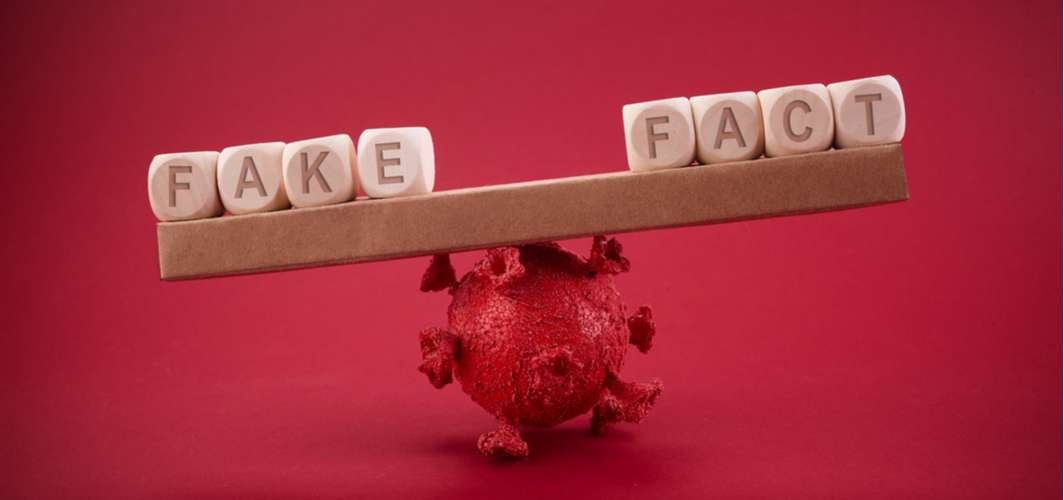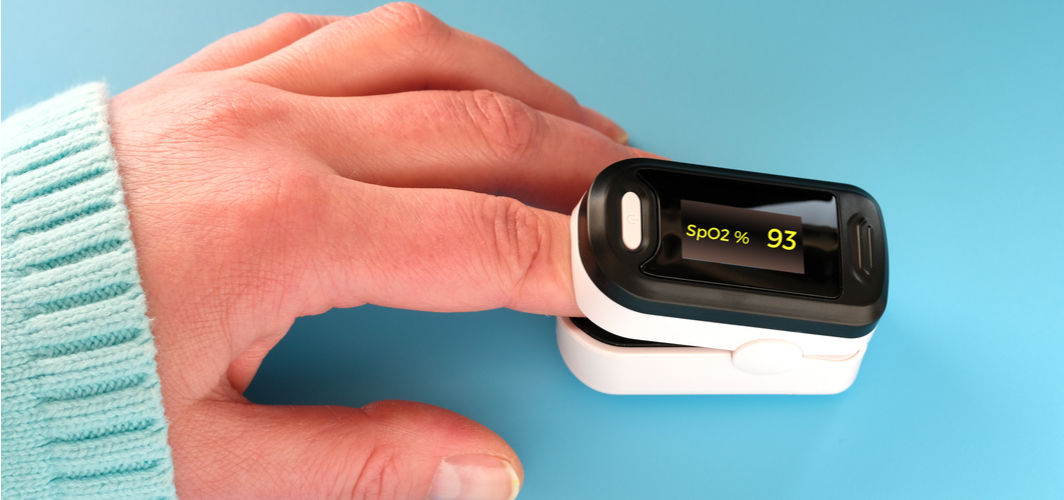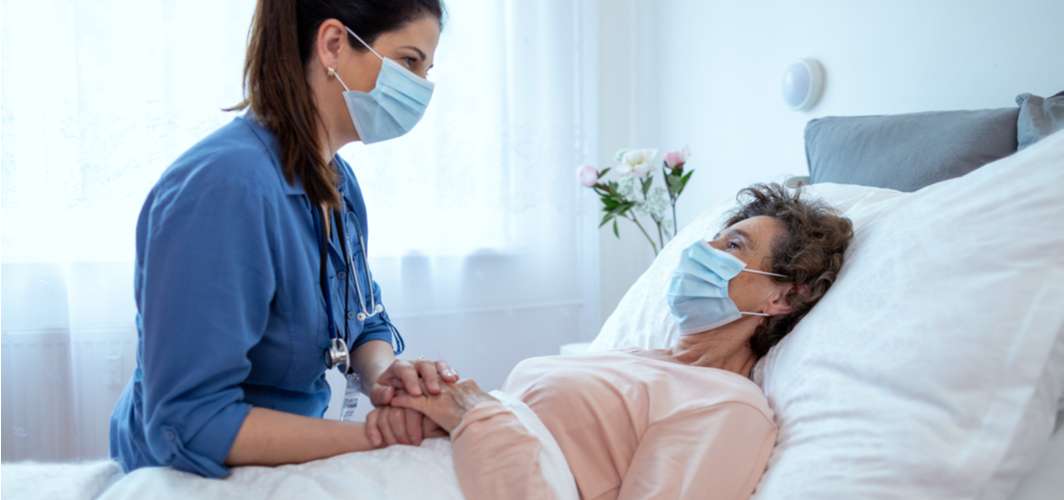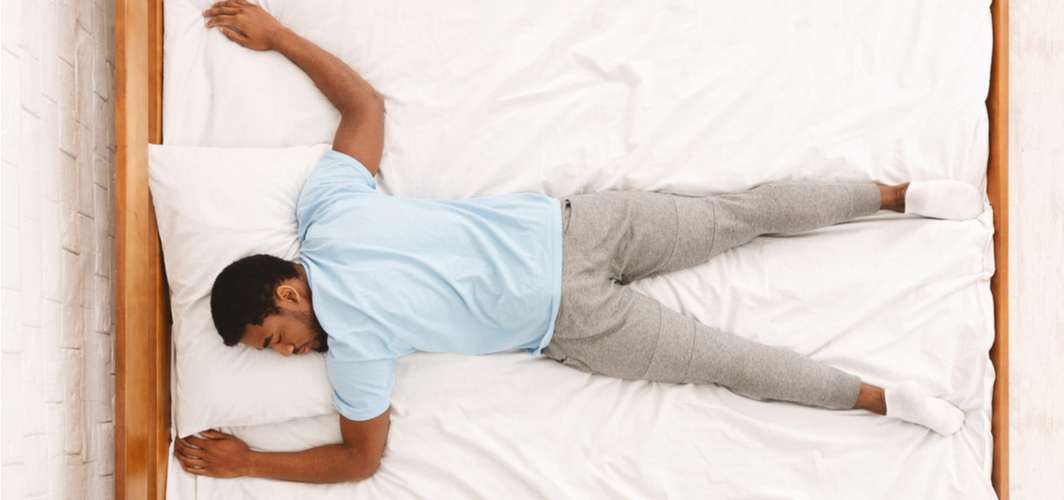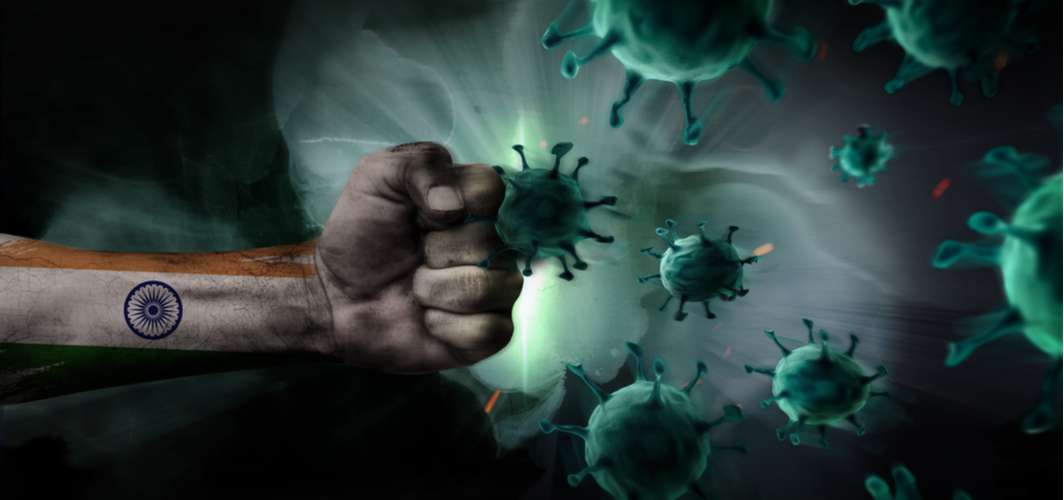As COVID-19 continues to disrupt our lives, everyone is hoping for a cure, either in the form of a vaccine or medicine. While we wait for that to happen, our best bet is to take necessary precautions, strengthen our immunity and stay healthy. Some of the ways in which we can prevent Coronavirus infection are by staying indoors, practising hand hygiene, wearing masks, maintaining social distance etc. It is also important to stay informed about the symptoms of COVID-19 and to seek medical help when you notice symptoms. To stay up to date on any topic, including the Coronavirus pandemic, most of us turn to the internet. However, due to information overload, one may not be able to differentiate between facts and myths. Hence, in this article, we have debunked some of the common myths associated with COVID-19.
Myth 1: The COVID-19 virus does not spread in places with hot and humid climate
Fact: As per the World Health Organization (WHO), Coronavirus gets transmitted in all climates and areas, including regions with hot and humid weather. Coronavirus doesn't get killed at higher temperatures or in summers. Irrespective of the weather or the external temperature, our normal body temperature stays in the range of 36.5 degrees to 37 degrees Celsius. The best way to protect yourself against COVID-19 in all types of weather conditions is by washing your hands with soap and water for at least 20 seconds, as often as is required. Otherwise, you can use a hand sanitizer containing at least 60% alcohol to clean your hands.
Myth 2: Consuming garlic and garlic water can prevent or cure Coronavirus
Fact: While garlic has antimicrobial properties and may help boost immune function, there is no scientific evidence that eating garlic or drinking garlic water can protect you from Coronavirus infection. According to the WHO, there has been no indication from the current pandemic outbreak that consuming garlic has protected people from Coronavirus. In general, eating a healthy diet with lots of vegetables, fruits and herbs can boost our immunity and help us stay fit. However, including specific foods like garlic and pepper in our diet cannot ensure our protection against the Coronavirus. Myth 3: Drinking hot fluids can kill the COVID-19 virus
Fact: There hasn't been any scientific evidence that drinking lots of hot water or fluids can kill the Coronavirus. While staying hydrated by drinking warm water is good for our immune system and throat, it does not prevent coronavirus infection. Even when you drink water, make sure you wash your hands with soap and water first to avoid any contamination.
Myth 4: Spraying alcohol, bleach or chlorine over the body can kill the COVID-19 virus
Fact: This myth was shared extensively on social media during the early days of the COVID-19 outbreak. Not only are these reports false, but spraying chemicals like alcohol, chlorine or bleach could prove fatal. As per the Directorate General of Health Services (an attached organisation of Ministry of Health & Family Welfare), spraying people with chemical disinfectants is physically and psychologically harmful. Even if someone is infected with the COVID-19 virus, spraying disinfectants such as chlorine or bleach on clothing/body will not kill the virus inside the body. Not only can these substances damage your eyes and skin, they can also damage the mucous membranes of the nose, the throat and the respiratory tract. The WHO recommends disinfection of frequently touched objects and surfaces with diluted bleach or alcohol. Myth 5: Vitamin C helps cure Coronavirus infection
Fact: When we get a common cold, many of us take vitamin C supplements or drink lemon and orange juice to reduce its severity. However, there is no evidence to suggest that vitamin C supplements can cure COVID-19 infection. Vitamin C has antioxidant properties that can help in promoting the healing of wounds and boosting your immunity. On the other hand, consuming supplements with extremely high doses of Vitamin C for long periods and without prescription can cause side effects like diarrhoea, nausea, vomiting, heartburn, abdominal cramps and insomnia. It may be a better idea to take vitamin C from foods, to help strengthen the body’s natural defence and immunity. Myth 6: Antibiotics can prevent or treat COVID-19
Fact: Recently, the myth that antibiotics can prevent or cure coronavirus infection was trending on social media. According to the WHO, antibiotics work mainly against bacteria and is not effective against viruses like the novel Coronavirus. The Coronavirus triggers a respiratory disease that can break our immune system, thereby increasing our chances of getting a bacterial infection such as bacterial pneumonia. In such cases, doctors may prescribe antibiotics as a comprehensive treatment to reduce bacterial contamination but not for Coronavirus infection. Antibiotics taken without prescription can cause serious side effects and health complications and even lead to death. Myth 7: COVID-19 affects only older people
Fact: Individuals of all age groups can contract COVID-19. While the older age groups are at significant risk of developing more severe symptoms, the WHO recommends that people of all ages take measures to protect themselves from the virus. People with pre-existing health ailments such as cancer, hypertension, diabetes, heart, and kidney diseases are also at a higher risk of developing a severe case of COVID-19. Hence, they should take additional precautionary measures as recommended by their doctor, while following other precautions such as social distancing, regular hand washing, etc. Myth 8: Consumption of alcohol reduces the risk of contracting Coronavirus infection.
Fact: Among several social media forwards, the myth that alcohol consumption can ward off the virus was taken quite seriously by some people. Early research has revealed that drinking alcohol does not provide any protection against the Coronavirus. Consuming alcohol will only increase health risks by suppressing your immunity if you get infected with the Coronavirus. Apart from posing health risks, excessive alcohol consumption can give rise to panic and anxiety attacks, depression and other mental disorders.
Conclusion
With social media so readily accessible, rumours and unfounded theories regarding the Coronavirus can distract us from the actual facts. At a time when we are fighting a pandemic, it becomes crucial to seek the right information from verified sources. Given that research on the Coronavirus is still at a very nascent stage, one should rely on directives issued by the WHO and the Ministry of Health and Family Affairs, in order to stay informed on the latest developments about COVID-19.
If you need some recommendations for Vitamins and Immunity Booster, here are our top picks:
If you have any questions, you can:
Consult a COVID-19 Expert
